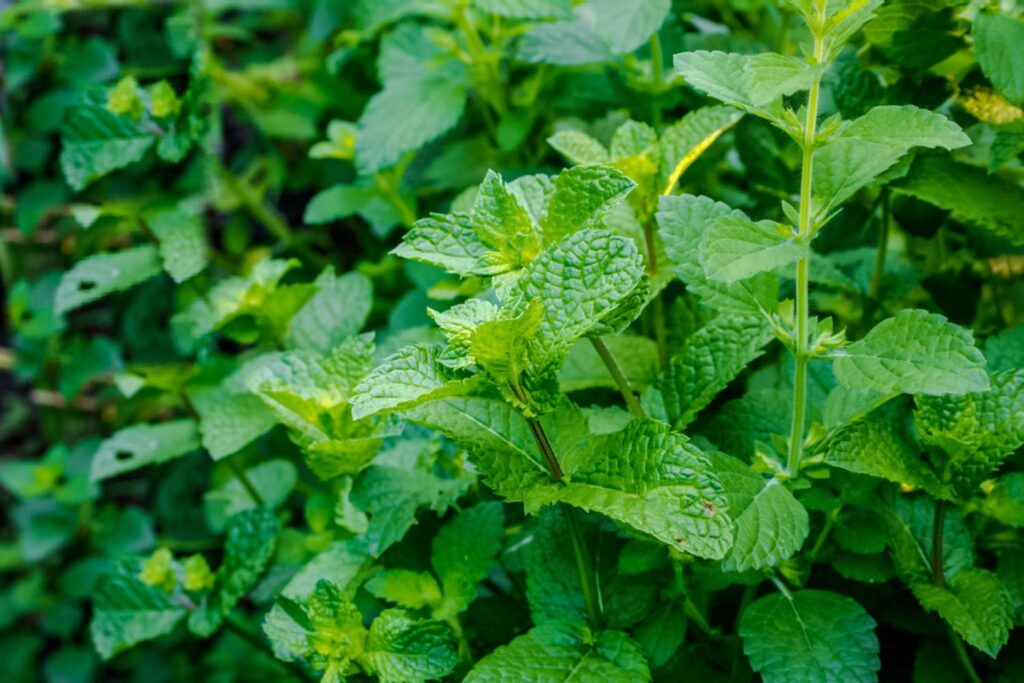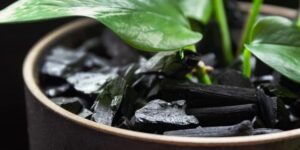
I. Introduction to the Plant That Smells Like Lemon When You Rub It
A. Intriguing Scented Plants in Nature: Throughout history, humans have been fascinated by plants with distinctive scents, which not only add olfactory pleasure but also serve various practical and medicinal purposes.
B. Unique Features of Lemon-Scented Plants: Among these scented wonders are plants that emit a delightful lemon fragrance when their leaves are gently rubbed, captivating gardeners and nature enthusiasts alike.
C. Importance of Sensory Experience in Gardening: The sensory experience of gardening goes beyond visual beauty, encompassing touch, smell, and even taste, providing a holistic connection to the natural world and enhancing well-being.
II. Description of Lemon-Scented Plants
A. Botanical Characteristics 1. Leaf Morphology and Texture: Lemon-scented plants typically feature glossy, green leaves with a distinctive lemon aroma that is released when the leaves are bruised or crushed. 2. Fragrant Compounds: The lemon scent is attributed to specific compounds, such as citral, limonene, and citronellal, found in the essential oils of these plants. 3. Growing Habit and Environment: Lemon-scented plants thrive in sunny locations with well-drained soil, although specific growing requirements may vary depending on the plant species.
B. Common Varieties 1. Lemon Balm (Melissa officinalis): Lemon balm is a perennial herb known for its lemon-scented leaves and delicate white flowers, prized for its culinary and medicinal uses. 2. Lemon Verbena (Aloysia citrodora): Lemon verbena is a deciduous shrub with narrow, lanceolate leaves that emit a strong lemon fragrance, popular for herbal teas and fragrances. 3. Lemon Thyme (Thymus citriodorus): Lemon thyme is a culinary herb with small, aromatic leaves that release a lemony scent when crushed, adding flavor to dishes and attracting pollinators.
C. Cultivation and Care Tips 1. Ideal Growing Conditions: Lemon-scented plants prefer full sun to partial shade and well-drained soil, with regular watering and occasional fertilization to promote healthy growth. 2. Propagation Methods: Lemon-scented plants can be propagated from seeds, cuttings, or division, with each method offering its own advantages in terms of ease and speed of establishment. 3. Maintenance and Pruning Guidelines: Regular pruning helps maintain the shape and vigor of lemon-scented plants, while also encouraging bushier growth and enhancing air circulation to prevent disease.
III. Fragrant Compounds and Their Effects
A. Terpenes and Essential Oils 1. Lemon-Scented Terpenes: Terpenes are organic compounds responsible for the characteristic scents of lemon-scented plants, with citral and limonene being the primary contributors to the lemon fragrance. 2. Aromatherapy Benefits: The citrusy aroma of lemon-scented plants is believed to have mood-enhancing and stress-reducing effects when used in aromatherapy practices, promoting relaxation and mental clarity.
B. Psychological Impact 1. Mood Enhancement: The uplifting scent of lemon has been shown to elevate mood and improve overall well-being, making lemon-scented plants a valuable addition to indoor and outdoor spaces. 2. Stress Reduction: Inhalation of lemon fragrance may help alleviate stress and anxiety, providing a natural and pleasant way to unwind and relax after a long day.
C. Practical Uses 1. Culinary Applications: Lemon-scented plants are prized for their culinary versatility, adding bright, citrusy flavor to a wide range of dishes, including salads, marinades, and desserts. 2. Natural Cleaning Products: The antiseptic properties of lemon essential oil make it a popular ingredient in natural cleaning products, providing a fresh, citrusy scent while effectively disinfecting surfaces.
IV. Health Benefits and Traditional Uses
A. Medicinal Properties 1. Digestive Aid: Lemon-scented herbs such as lemon balm are traditionally used to soothe digestive discomfort, reduce gas and bloating, and promote overall digestive health. 2. Relaxant and Sleep Aid: Lemon-scented plants are valued for their calming properties, with lemon verbena and lemon balm often used to promote relaxation and improve sleep quality.
B. Historical Significance 1. Traditional Medicine Practices: Lemon-scented plants have a long history of use in traditional medicine systems around the world, with documented uses dating back centuries for various ailments and conditions. 2. Cultural Symbolism: The bright, uplifting scent of lemon has symbolic significance in many cultures, representing purity, vitality, and happiness.
C. Modern Applications 1. Herbal Remedies: Lemon-scented plants continue to be utilized in modern herbal medicine practices, with research supporting their potential therapeutic benefits for various health issues. 2. Wellness Products: Lemon-scented essential oils and herbal preparations are popular ingredients in a wide range of wellness products, including teas, tinctures, and topical treatments.
V. Conclusion: Enhancing Your Garden and Well-Being with Lemon-Scented Plants
In conclusion, lemon-scented plants offer a delightful sensory experience and a myriad of practical benefits for gardeners and enthusiasts alike. Whether enjoyed for their aromatic leaves, culinary versatility, or therapeutic properties, these plants add a touch of brightness and vitality to gardens, homes, and personal well-being. By incorporating lemon-scented plants into your outdoor spaces and daily routines, you can elevate your gardening experience and enhance your overall quality of life.




